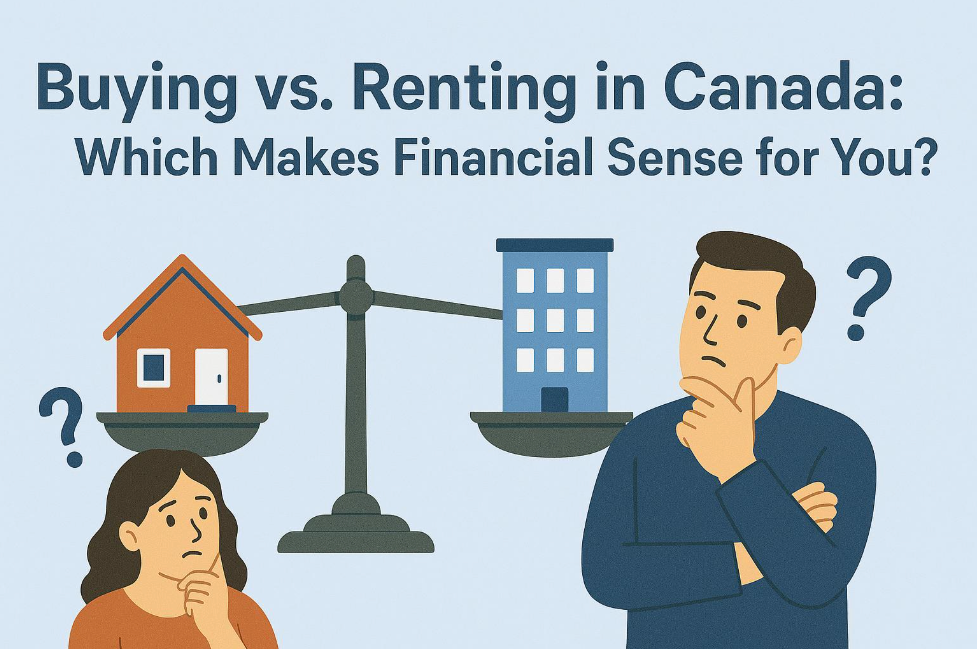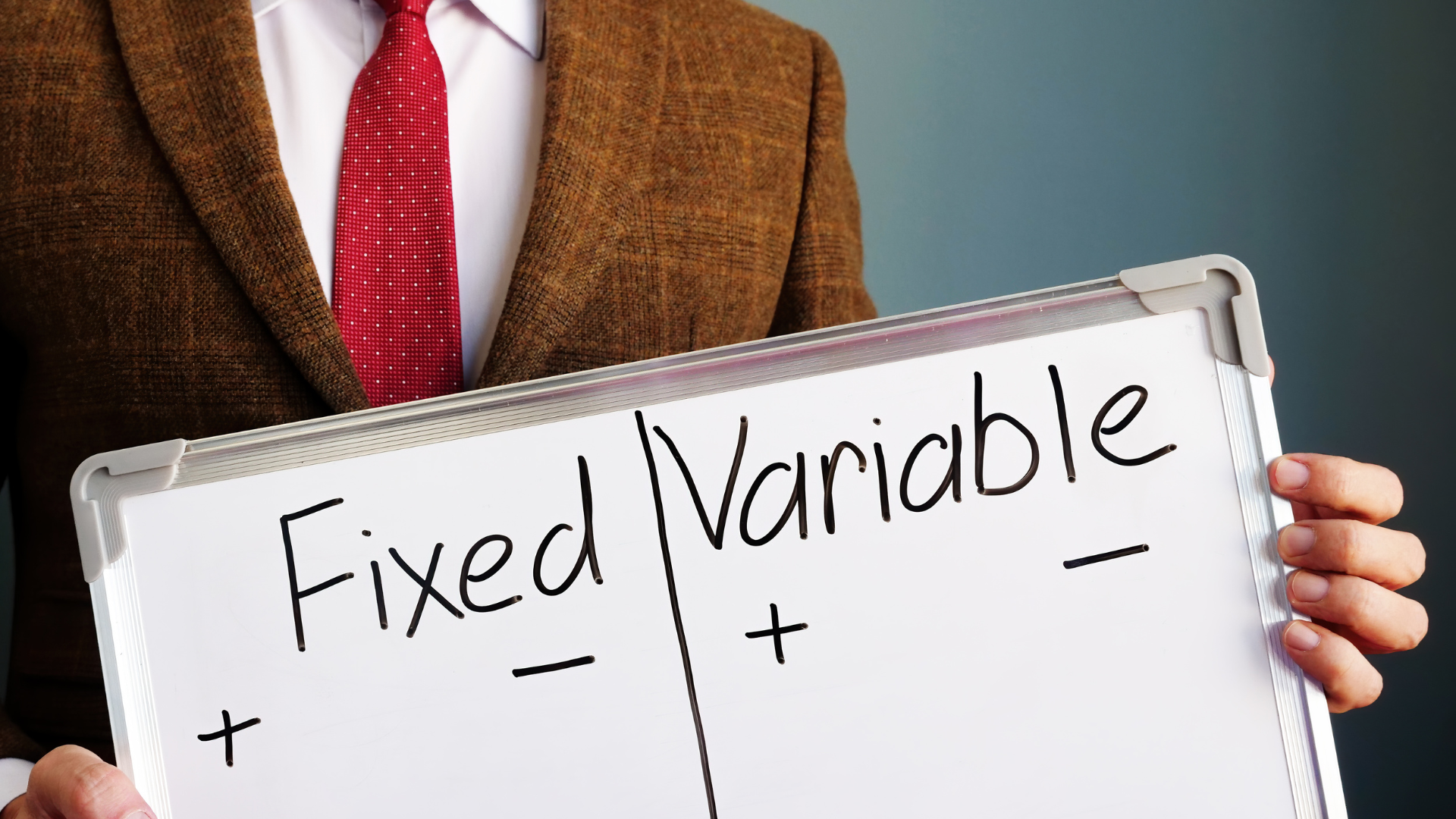Understanding Debt and Its Impact on Mortgage Approval

Securing a mortgage significantly depends on your credit score and debt load. Understanding how different types of debt affect mortgage affordability is crucial.
Debt falls into two categories: secured and unsecured.
- Secured debt, backed by collateral like a house or car, provides lenders security in case of default.
- Unsecured debt, such as credit cards, lines of credit, and student loans, poses higher risk for lenders and typically carries higher interest rates.
Here's how different types of debt influence your credit score and mortgage approval:
- Credit Cards are unsecured debt, offering revolving credit lines with interest rates based on creditworthiness. Responsible credit card usage can positively affect credit scores, but defaults or late payments can lead to higher interest rates and decreased creditworthiness.
- Line of Credit: Like credit cards, lines of credit are unsecured and provide borrowers access to a predetermined credit limit. Responsible use can improve credit scores, while defaults can have negative credit repercussions.
- Student Loans: Despite being unsecured, they can enhance credit scores if paid on time. They contribute to the debt-to-income ratio.
- Auto Loans: Auto loans are secured debt, with the vehicle serving as collateral. They can diversify debt portfolios and improve credit scores.
- Existing Mortgage Loans: Secured by the property, timely payments enhance credit scores. Missed mortgage payments raise red flags for new lenders.
Maintaining a balanced mix of debt types strengthens credit scores and mortgage eligibility. However, over-borrowing can be harmful.

Mortgage lenders aim for a debt-to-income ratio below 43%, considering all your debts. Ensuring income covers all payments is crucial for approval.
Understanding debt intricacies is vital for navigating the mortgage application process. Ideally, less debt means a bigger mortgage, since more of your income can go to cover your mortgage payments.
- For instance, a $500/month auto loan decreases your mortgage affordability by about $100K.
Practicing responsible borrowing and effective debt management increases chances of securing the needed mortgage for homeownership goals.
Whether it's a new home, investment property, or refinancing, I have the knowledge and experience to guide you towards the right mortgage solution.
Are you thinking of buying a home? As you can tell there is lots to discuss, let’s have a chat!
Kelly Hudson
Mortgage Expert
Mortgage Architects
Phone 604-312-5009
Kelly@KellyHudsonMortgages.com
www.KellyHudsonMortgages.com






